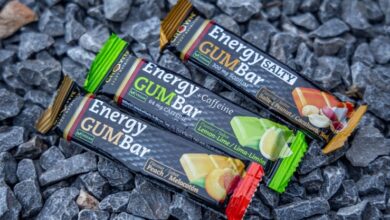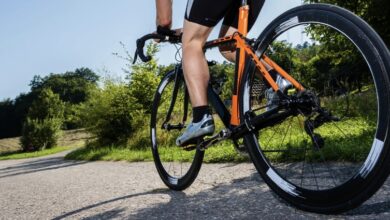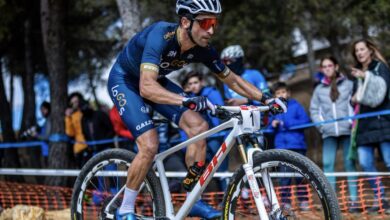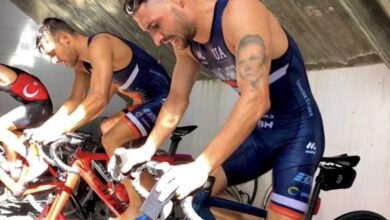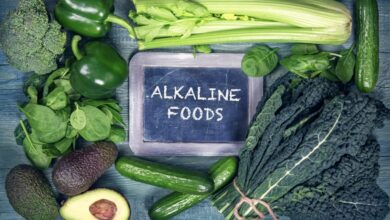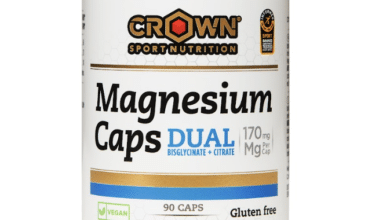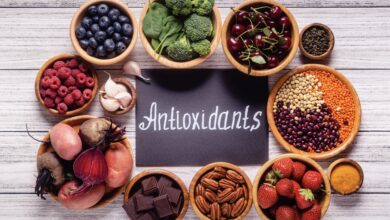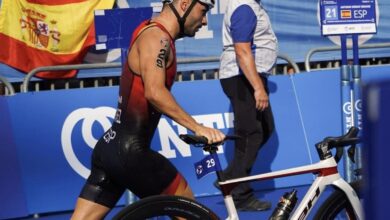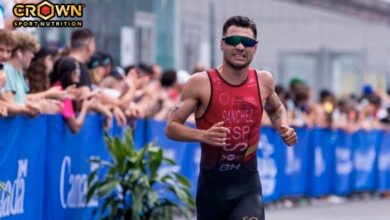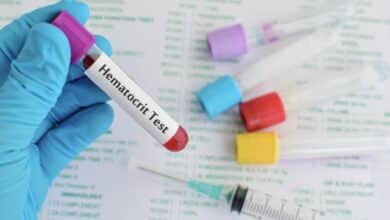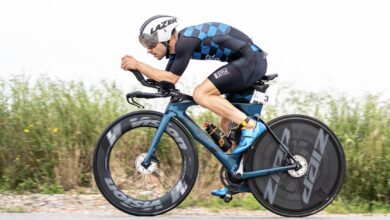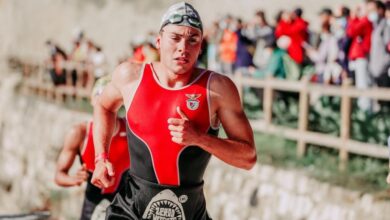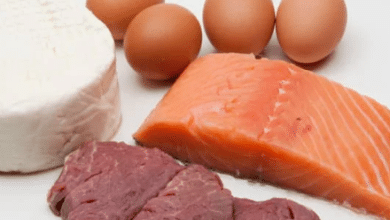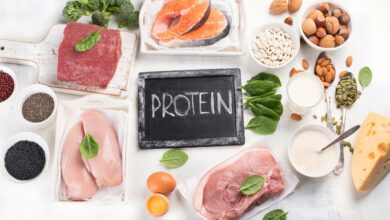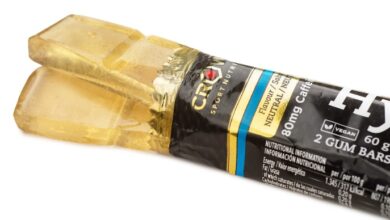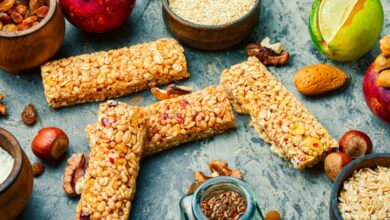Recovery and how to improve sports performance
The recovery just after the end of training will be a key and determining point in the performance and positive evolution of the athlete or active individual in accordance with their objectives.
In this article our collaborator Nutrisport, will tell us a series of very interesting topics about the recovery of training and how to improve our performance through nutrition
- The adaptations to physical exercise and recovery.
- The recuperative and restorative sleep: determining factor to adapt to a workload.
- What happens when I am not recovering optimally and what consequences can it have?
- Nutritional strategies in the post training.
ADAPTATIONS TO PHYSICAL EXERCISE AND RECOVERY
Physical exercise following certain guidelines allows to establish adaptations at the physiological and metabolic level that will give the individual a greater capacity for work and therefore, an improvement in performance.
These adaptations are stimulated by stress hormones (glucocorticoids and catecholamines), among other factors, that are released during physical exercise. In turn, this hormonal signal will induce the release of other regulatory substances from inflammatory processes and the immune system.
PFor there to be an adaptation there must be a suitable stress stimuluseither. However, periods of chronic intense training can make it difficult for our body to adapt favorably. To prevent this from happening, we must recover correctly after training.
SLEEP RECOVERY AND REPAIR: DETERMINANT FACTOR TO ADAPT TO A JOB LOAD
In the period of night rest Numerous physiological processes occur responsible for restoring parameters of our organism, such as capacity of the immune systemwave insulin sensitivity, blood pressure, etc.
Una alteration in the hours of sleep as well as in the quality of this can adversely affect hormonal secretion. As a result, the secretion of catabolic hormones such as cortisol is increased. On the other hand, the secretion of anabolic hormones such as testosterone, ILG-1 factor and growth hormone (GH), will suffer alterations. A change in the hormonal pattern can induce greater muscle catabolismr, in addition to reducing the processes of synthesis of muscle tissue. As a result, muscle recovery will be diminished.
The reduction of sleep hours results in a metabolism of the glucose altered together with an altered insulin sensitivity. Also, the neuroendocrine function as well as the immune system, would be adversely affected. This can induce changes in the appetiteo, preference for certain food groups, changes in body composition, among others.
An alteration of the mentioned aspects supposes to the athlete or active individual a decrease in the yield.
WHAT HAPPENS WHEN I AM NOT RECOVERING OPTIMELY AND WHAT CONSEQUENCES DO YOU HAVE?
When the aadaptations to training load they are not the right ones, we may not be recovering optimally and we may notice:
Un chronic fatigue During training, at work, at school, during the weekend, etc.
Lower performance levels what was expected in the trainings.
Un suboptimal progress of the trainings.
General muscle pain, appearance of injuries more frequently or we have not fully recovered from that injury.
Body composition varies, surprisingly we have lost muscle tissue and we have increased fat mass.
BUT WHAT IS HAPPENING AT THE PHYSIOLOGICAL LEVEL:
It's very probable that cortisol levels are elevated or slightly elevated. The cortisol hormone has a catabolic role at the muscle tissue level, in addition to inhibiting the anabolic effect of physical exercise at a certain level. On the other hand, elevated levels of cortisol reduce the levels of the anabolic hormones GH (growth hormone) and IGF-1.
As a result of increased levels of cortisol, our testosterone levels will be reduced. The body is in a catabolic state, in which it consumes more muscle than it synthesizes. For our organism, a catabolic state is synonymous with a period of stress. As a consequence, nOur organism will store fat. Therefore, fat loss will be more difficult, having a negative impact on body composition.
Ratio Testosterone / Cortisol and IGF-1 / Cortisol. This relationship allows us to observe the behavior of anabolic hormones (Testosterone and IGF-1) and catabolic hormones (Cortisol) at the same time. When we do not recover optimally, the hormones reflect it. Elevated cortisol levels denote poor recovery or poor adaptation to the stress produced by a physical exercise at a certain intensity.
NUTRITIONAL STRATEGIES IN POST TRAINING
The timing in nutrition contemplates the intake of certain amounts and type of nutrients at a particular time to achieve the benefit of this intake, which can be an optimal recovery or an increase in muscle tissue or reduction of fat tissue, among others.
How much of proteins should it contain post-workout food to maximize recovery?
The latest consensus established by the JISSN (Journal of the International Society of Sports Nutrition) highlights that athletes seeking to maximize the synthesis of muscle protein (MPS), would obtain such benefit by taking a number of proteins between 20-40 grams as a maximum or between 0.2-0.4 grams of protein per Kg body weight. Also, favoring the presence of 10 grams of essential amino acids within the same protein bolus would favor the processes of muscle regeneration.
How much of carbohydrates should it contain?
Muscle glycogen stores are maximized by consuming a considerable carbohydrate intake over a certain period of time. The introduction of foods with a high glycemic index and glycemic load (glycemic load: carbohydrate content per serving of food) will favor the replenishment of the muscle's energy reserves.
The amount of carbohydrates will be adjusted according to the weight of the individual, the objective and the intensity (and duration) or type of training.
Carbohydrates and proteins at the same time or separated?
We recapitulate the latest consensus established by the JISSN (Journal of the International Society of Sports Nutrition). This highlights the benefits of the joint intake of carbohydrates and proteins to enhance the recovery of the musculature after resistance training.
BIBLIOGRAPHIC REFERENCES:
Chad M. Kerksick, Shawn Arent, Brad J. Schoenfeld, Jeffrey R. Stout, Bill Campbell, Colin D. Willborn et al. International society of sports nutrition position stand: nutrient timing. Journal of the International Society of Sports Nutrition. (2017) Vol. 14 (37).
AIS SPORTS COMMISSION. Sports Nutrition, REcovery Nutrition. Available at: https://www.ausport.gov.au/ais/sports_nutrition/fact_sheets/recovery_nutrition
John A. Hawley, Jill J. Leckey. Carbohydrate dependence during prolonged, intense endurance exercise. Sports Medicine (2015). 45 (Suppl 1): S5-S12.
Potgieter S. Sport nutrition: A review of the latest guidelines for exercise and sport nutrition from the American College of Sports Nutrition, the International Olympic Committee and the International Society for Sports Nutrition. South African Clinical Nutrition Journal (2013); 26 (1): 6-16.
Dietitians of Canada. Nutrition and Athletic Performance. Position of Dietitians of Canada, the Academy of Nutrition and Dietetics and the American College of Sports Medicine. (2016).
Bonnar D., Bartek K., Kakoschke N., Lang C. Sleep Intervention designed to improve athletic performance and recovery: A systematic review of current approaches. Sports Medicine (2018) Vol. 48 (3): 683-703.
Shona L. Halson. Sleep in elite athletes and nutritional interventions to enhance sleep. 82014). Sports Medicine Vol. 44 (1): 13-23.
Watson AM Sleep and Athletic performance. Current Sports Medicine Rep. (2017) Vol. 16 (6): 413-418.
There are no previous results.







